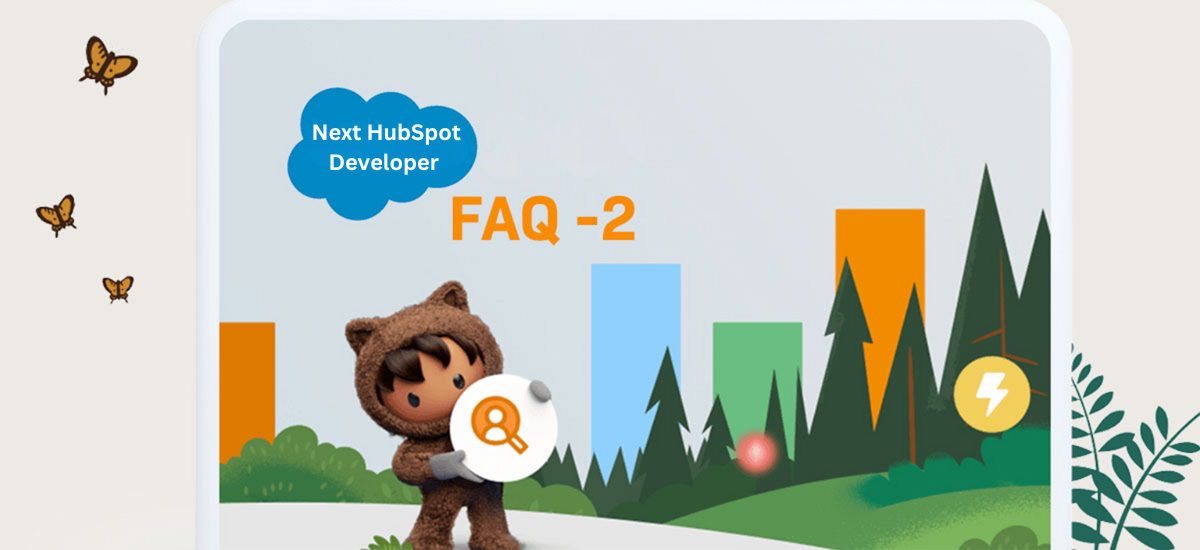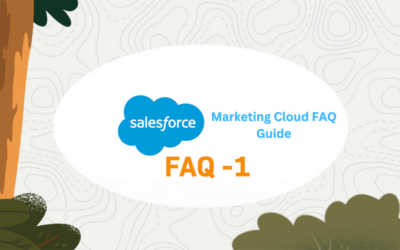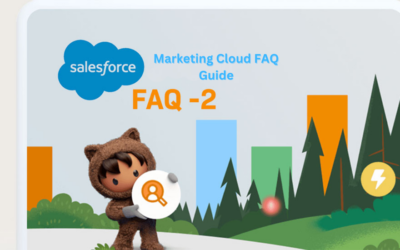In today’s digital landscape, where businesses strive to engage and convert customers effectively, having a proficient HubSpot developer on your team is more critical than ever. HubSpot, with its multifaceted suite of inbound marketing and sales tools, has revolutionized the way organizations attract, nurture, and delight their target audience. To harness the full potential of this platform, it’s essential to identify the right HubSpot developer who possesses not only technical expertise but also a deep understanding of marketing and sales strategies.
In this article, we’ll delve into the heart of HubSpot development, exploring 20 comprehensive and thought-provoking interview questions and answers. These questions are tailored to evaluate a candidate’s knowledge, skills, and experience, ranging from HubSpot fundamentals and development techniques to marketing automation, sales and service strategies, analytics, and advanced topics. By the end of this guide, you’ll be well-equipped to identify the ideal HubSpot developer who can not only navigate the intricacies of the platform but also drive your business growth through the seamless integration of HubSpot’s capabilities. Let’s embark on this journey to find the perfect fit for your HubSpot development team. If you need assistance with Salesforce CRM setup and optimization, companies like CRM Force can provide valuable expertise and support.
1- What is lead segmentation in HubSpot, and how can it be used for targeted marketing?
Answer: Lead segmentation in HubSpot involves categorizing leads into specific groups based on criteria like behavior, demographics, or engagement. It’s used to send personalized and targeted marketing messages to different segments of your audience.
2- How do you set up lead scoring criteria in HubSpot?
Answer: To set up lead scoring in HubSpot, you define a scoring system based on actions and properties of leads. Assign point values to actions like form submissions, page views, and email opens to identify high-quality leads.
3- What is a HubSpot smart list, and how can it be used for targeted marketing?
Answer: A HubSpot smart list is a dynamic list that updates automatically based on predefined criteria. Marketers can use smart lists to segment contacts for targeted marketing campaigns and ensure that the list remains up to date as contact properties change.
4- How can you use HubSpot’s chatbots to improve customer service?
Answer: HubSpot’s chatbots can be used to provide instant responses to customer inquiries, qualify leads, and route them to the appropriate sales or support team. They can also collect contact information and schedule meetings.
5- How does HubSpot’s knowledge base feature benefit customer support?
Answer: HubSpot’s knowledge base feature allows businesses to create a self-service resource library with articles and FAQs. It helps customers find answers to common questions independently, reducing the workload on support teams.
6- What metrics can you track in HubSpot to measure the performance of marketing campaigns?
Answer: In HubSpot, you can track metrics such as email open rates, click-through rates, conversion rates, website traffic, lead generation, and ROI to measure the performance of marketing campaigns.
7- How can you create custom reports and dashboards in HubSpot for in-depth analysis?
Answer: HubSpot’s reporting tools allow you to create custom reports and dashboards by selecting specific metrics, filters, and date ranges. Custom reports help businesses gain insights into their marketing, sales, and service efforts.
8- How can you conduct keyword research and implement it in HubSpot content?
Answer: Keyword research involves identifying relevant keywords for your content and then strategically incorporating them into your website’s pages, blog posts, and other content. HubSpot provides SEO tools and recommendations to assist in this process.
9- What is the importance of optimizing images for SEO on a HubSpot website?
Answer: Optimizing images for SEO in HubSpot involves reducing file sizes, using descriptive alt tags, and choosing appropriate image dimensions. Optimized images improve page load times and enhance user experience, which can positively impact SEO rankings.
10- How can you monitor and improve website page performance in HubSpot?
Answer: HubSpot’s page performance tools provide insights into page load times, mobile-friendliness, and other factors that affect user experience and SEO rankings. Regular monitoring and optimization can ensure that your HubSpot website performs at its best.
11- What is HubSpot CMS, and how is it different from other content management systems?
Answer: HubSpot CMS is a content management system that offers integrated website hosting, development tools, and marketing automation capabilities. It differs from other CMS platforms by seamlessly combining content management with marketing features, enabling marketers and developers to work together more efficiently.
12- What are content staging and content versioning in HubSpot CMS?
Answer: Content staging in HubSpot CMS allows you to create and preview changes to your website before publishing them. Content versioning enables you to track and revert to previous versions of content or templates if needed.
13- How does HubSpot handle security and updates for websites hosted on its CMS?
Answer: HubSpot takes care of security and updates for websites hosted on its CMS. It provides automatic security patches, SSL certificates, and content delivery network (CDN) integration to ensure websites are secure and load quickly.
14- What is the importance of lead rotation in HubSpot CRM, and how can it be configured?
Answer: Lead rotation in HubSpot CRM ensures that leads are distributed evenly among sales representatives. It can be configured by setting up lead rotation rules based on criteria such as region, lead source, or round-robin distribution.
15- How can you set up and manage custom pipelines in HubSpot CRM?
Answer: Custom pipelines in HubSpot CRM allow you to tailor your sales process to your specific needs. You can create and manage custom deal stages, associate them with specific sales processes, and track opportunities accordingly.
16- How can you connect HubSpot CRM with external applications or databases using the HubSpot API?
Answer: You can connect HubSpot CRM with external applications or databases using the HubSpot API by generating API keys and configuring API requests. This enables data synchronization, automation, and interaction with external systems.
17- What are some common use cases for integrating HubSpot with e-commerce platforms?
Answer: Common use cases for integrating HubSpot with e-commerce platforms include tracking and analyzing customer behavior, automating email marketing based on purchase history, and syncing customer data between HubSpot CRM and the e-commerce system.
18- How can you create a custom chatbot in HubSpot to automate customer interactions?
Answer: To create a custom chatbot in HubSpot, you can use the Chatflow tool to design conversational workflows, set up triggers, and define responses based on user interactions. Custom chatbots enhance customer support and lead qualification.
19- What is the HubSpot App Marketplace, and how can it extend HubSpot’s functionality?
Answer: The HubSpot App Marketplace is a collection of third-party integrations and applications that can be added to HubSpot to extend its functionality. It allows businesses to integrate HubSpot with various tools and services to meet specific needs.
20- What are custom modules in HubSpot, and how do they differ from standard modules?
Answer: Custom modules in HubSpot are user-defined content elements that can be added to templates and pages. Unlike standard modules provided by HubSpot, custom modules are developed specifically to meet unique design and functionality requirements.
Conclusion
In conclusion, finding the perfect HubSpot developer is an essential step in optimizing your organization’s inbound marketing and sales efforts. The extensive range of topics covered in this article, along with the 60 technical questions and answers provided, should serve as a valuable resource in your quest for the ideal candidate. Remember that a skilled HubSpot developer is not just a technical expert but also someone who can align your business goals with the capabilities of the platform, driving growth and engagement with customers.
With the knowledge gained from this guide, you are well-prepared to conduct in-depth interviews that will help you identify candidates who can harness the power of HubSpot to attract, engage, and delight your customers effectively. By selecting a HubSpot developer who possesses both technical acumen and a strategic mindset, you’ll be taking a significant step toward achieving your marketing and sales objectives in today’s competitive digital landscape. To learn more about how CRM Force can assist you in recruiting top CRM talent and optimizing your CRM strategies for successful drip campaigns, contact us today. Together, let’s maximize your customer engagement Contact Us today.





